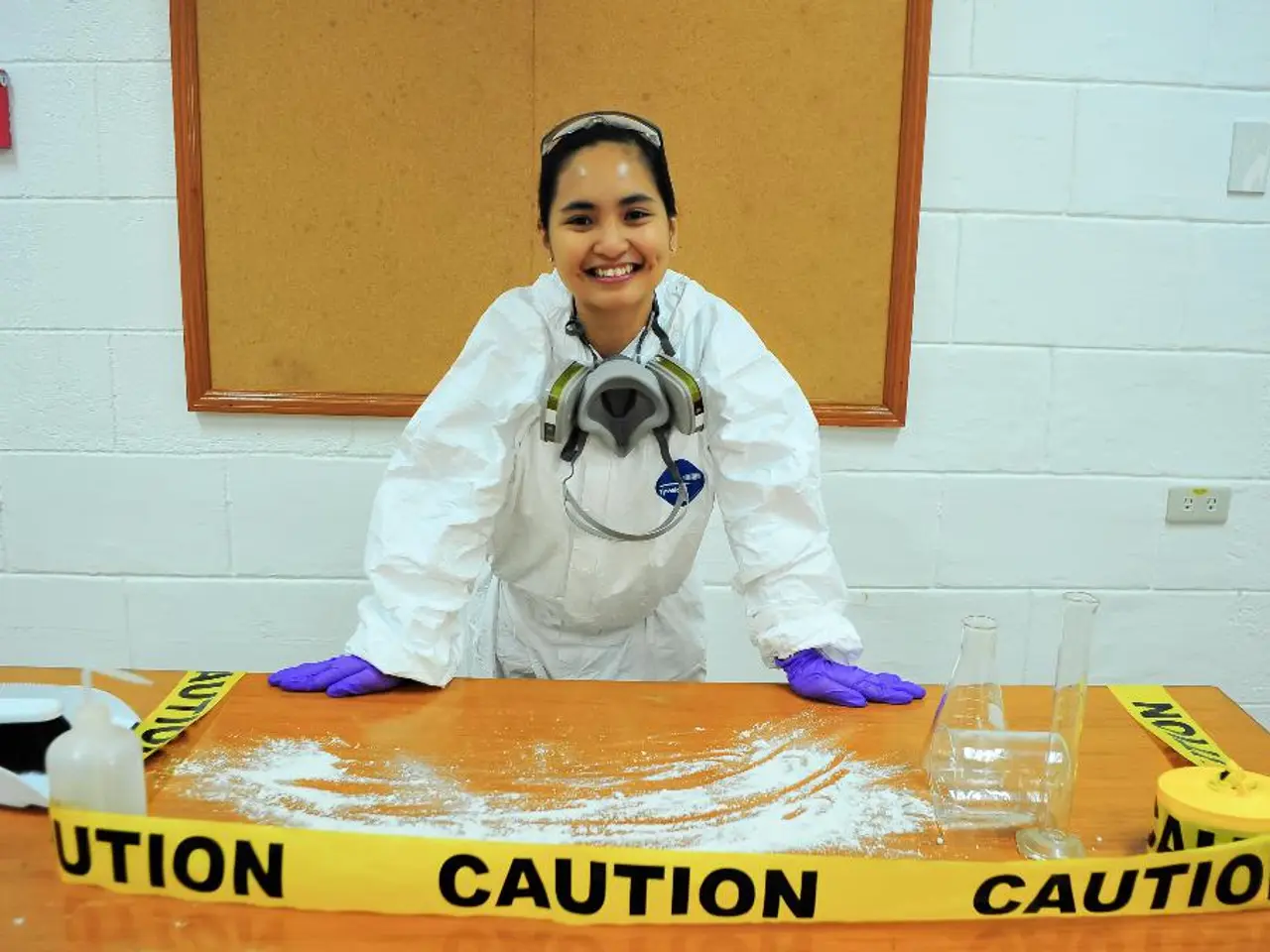Federal lawmakers zero in on hair products containing cancer-inducing components, specifically marketing them towards African American women
In a significant move towards ensuring the safety of personal care products, federal lawmakers have introduced the Safe Beauty Bill Package. This comprehensive legislation aims to tackle disproportionate exposure to toxic chemicals in cosmetic products marketed to salon workers and women of color, particularly Black women.
The package, spearheaded by Rep. Jan Schakowsky, D-Ill, consists of four bills, each focusing on different aspects of ingredient transparency and safety. The Toxic-Free Beauty Act, a key component, proposes to ban two classes of chemicals and 18 hazardous chemicals, including lead, mercury, formaldehyde, asbestos, phthalates, and parabens. These chemicals have been found in various hair and cosmetic products and are associated with carcinogenic and reproductive risks.
The Toxic-Free Beauty Act also seeks to increase transparency about toxic fragrance and flavor ingredients through the Cosmetic Hazardous Ingredient Right to Know Act. Furthermore, the Cosmetic Safety Protections for Communities of Color & Salon Workers Act extends protections and funding for research and safer alternatives for these vulnerable populations. Lastly, the Cosmetic Supply Chain Transparency Act aims to make ingredient supply chains more transparent.
The decision to regulate these harmful ingredients comes after mounting scientific evidence linking them to serious health conditions such as breast cancer, reproductive harm, early puberty, and learning disabilities. A Consumer Reports study, for instance, found ingredients that could cause cancer in 10 synthetic hair products used in braids, extensions, and other hairstyles popular with Black women.
While the Modernization of Cosmetics Regulations Act of 2022, adopted three years ago, gave the FDA authority over hair products, it did little to change the actual safety of the ingredients in beauty and personal care products, according to lawmakers. The decision to regulate these chemicals has been in limbo since 2024 and was further delayed after President Donald Trump signed an executive order pausing all federal regulations.
However, progress is on the horizon. The Food and Drug Administration will decide by April 2024 whether to ban chemical hair straightening products containing formaldehyde or formaldehyde-releasing ingredients in the U.S.
Janet Nudelman, director of Program and Policy at Breast Cancer Prevention Partners and their Campaign for Safe Cosmetics, stated that the bills recognize everyone's right to protection from unsafe cosmetic exposures regardless of where they live, shop, or work.
With states like Vermont, California, Washington, and Oregon already addressing ingredient safety in their laws, the Safe Beauty Bill Package is a significant step towards ensuring the safety of hair and beauty products for all consumers. It's time to close the loopholes that allow toxic chemicals in the products we use on our bodies every day. This legislation delivers exactly that.
- The Toxic-Free Beauty Act, a key component in the Safe Beauty Bill Package, aims to ban chemicals like lead, mercury, formaldehyde, asbestos, phthalates, and parabens, known to be associated with carcinogenic and reproductive risks.
- Mounting scientific evidence links these harmful ingredients to serious health conditions such as breast cancer, reproductive harm, early puberty, and learning disabilities. A study by Consumer Reports, for example, found ingredients that could cause cancer in synthetic hair products used by Black women.
- The Cosmetic Safety Protections for Communities of Color & Salon Workers Act, part of the Safe Beauty Bill Package, extends protections and funding for research and safer alternatives for vulnerable populations, including salon workers and women of color.




